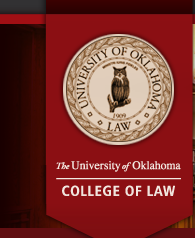Document Type
Article
Publication Date
2014
Publication Title
Alberta Law Review
Abstract
Given increasing criticism and dropping admissions, American legal education is likely to change, hopefully reversing the unsustainable trend of increasing expense without increasing value. Much debate focuses on restructuring the curriculum to make it more “practical” and skills-infused; here we instead propose a rethinking of the basic unit of law teaching, the casebook. Casebook authors and publishers are cautiously venturing into electronic editions, but they fail to harness the power of social learning to make textbooks dramatically smarter as well as cheaper. Working with a technology startup, we are developing an online platform that reinvents both authorship and learning. The platform, which has progressed to alpha testing, provides an online system for crowdsourcing authorship by law professors (including shared and socially ranked case selections, edits, annotations, questions, and problems) and reading by law students and others (including shared and socially ranked highlights, notes, questions, answers, and other interactions, as well as live collaboration). Rather than settle for twentieth century casebooks in digital form, we aim to enable twenty-first century coursebooks that originate in, and then grow increasingly useful and valuable through, social intelligence.
Volume
51
First Page
907
Recommended Citation
Stephen E. Henderson & Joseph Thai, Crowdsourced Coursebooks, 51 Alta. L. Rev. 907 (2014).
Included in
Curriculum and Instruction Commons, Instructional Media Design Commons, Legal Education Commons, Legal Profession Commons, Legal Writing and Research Commons
